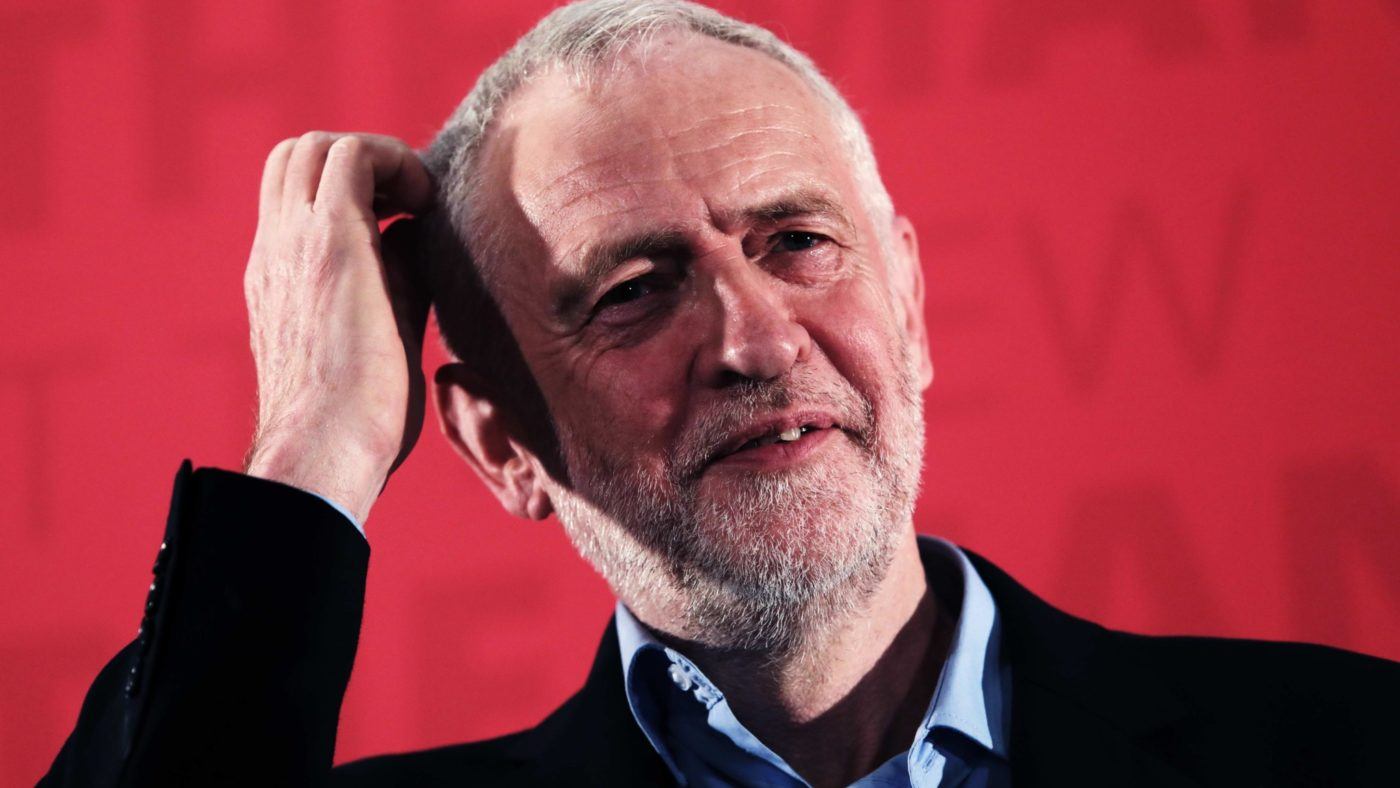If the Labour Party were a bank, it would be RBS, the once-great Scottish institution that made the huge mistake of buying the Dutch ABN Amro. It failed to do proper due diligence on ABN’s balance sheets and got saddled with debts that tipped what had become the world’s biggest bank over the edge.
When Labour Party members “bought” Jeremy Corbyn as their leader, they overlooked his past association with terrorist organisations, deluded themselves into thinking that his extreme Left positions would resonate with the electorate, but most importantly vastly overrated his ability.
Labour would ordinarily have corrected this mistake and replaced their leader after his decidedly half-hearted defence of EU membership in last summer’s referendum. But Corbyn got a bail-out from Momentum’s network of far-Left activists.
Now the party is stuck. Nobody is willing to put it out of its misery and there is no easy way to get rid of the disastrous management team running the party into the ground because they have the support of the major shareholders: Momentum and the Unite Union.
Insolvent banks prevent capital being used to finance profitable and innovative businesses. This insolvent political party is trapping talented MPs and staff in the service of a doomed 1970s-era political business model.
If banks that go bust trigger bank runs, as depositors take their cash out, political parties can suffer vote runs – like the Canadian Tories who went from 156 to two seats in 1993. Usually, self-preservation kicks in, with electorally disastrous leaders being kicked out before they run the party into the ground.
This time it’s different. Anyone who has seen an opinion poll knows that Labour is in serious trouble. Add to that the fact that the Parliamentary Party voted no confidence in their own leader and his removal would seem a sure bet. Corbyn, however, is different. Though insolvent, the Labour Party has been allowed to carry on trading.
Despite his disastrous performance and what we might deem his vast store of “non-performing policies”, Corbyn has refused to quit. Momentum and Unite keep pumping in capital – in the form of far-Left members, and cold hard cash – to keep him afloat. It has become a zombie party, starting to resemble the Italian bank Monte dei Paschi di Siena, weighed down by bad loans but too big to fail.
Zombie banks keep capital tied up supporting stagnant businesses with few prospects, when it should be diverted to new companies whose growth would revive the economy. A zombie party keeps people at work defending tired ideas instead of coming up with new ones.
It’s time for Labour to be broken up and its constituent elements sold to the two coherent political forces in the UK, the increasingly nationalist, but newly economically egalitarian Conservatives, and the straightforwardly internationalist Lib Dems. How would an administrator charged with putting the Labour Party into “resolution” divide up the assets?
Consider just a few. It is surely not difficult to imagine that the unapologetically anti-immigration pro-Leave Labour MP John Mann could find a home on the benches of an organisation that calls itself “the workers’ party”.
Kate Hoey, with her support for fox hunting and grammar schools, is so far to the Right of Labour that many members of the public would be surprised to find out that she wasn’t, in fact, a Tory. Though she could hardly be expected to hold Vauxhall as a Conservative, another more congenial seat could surely be found (even at this short notice, because Tory HQ have not finished selecting candidates).
Meanwhile, Labour figures like Ben Bradshaw or Stella Creasy should stay in the same constituencies but run as Liberal Democrats. Still others — Liz Kendall, for instance — might do well to be sent from Leicester West to suburban seats in Surrey where they could give Michael Gove or Dominic Raab a run for their money.
A strong liberal opposition would be able set out a clear alternative to the government’s hard Brexit policy, while Conservatives would seek to implement Brexit.
Presenting such a definite choice between the two different sides of the main issue facing the country is what democratic competition should be about.
What to do with the hard-Left Corbynista core? It should be left to wither, like the assets in a “bad bank”. This rump might carry on with a few MPs and control the odd local council, but wouldn’t be able to drive energy and talent from Westminster in the way Corbyn’s Labour does.
The sclerotic British political system compares badly with that across the channel. French politics looks as though it is beginning to adapt. Britain’s is stuck in the mid-20th century. Only by breaking Labour up can the UK import much needed creative destruction.


